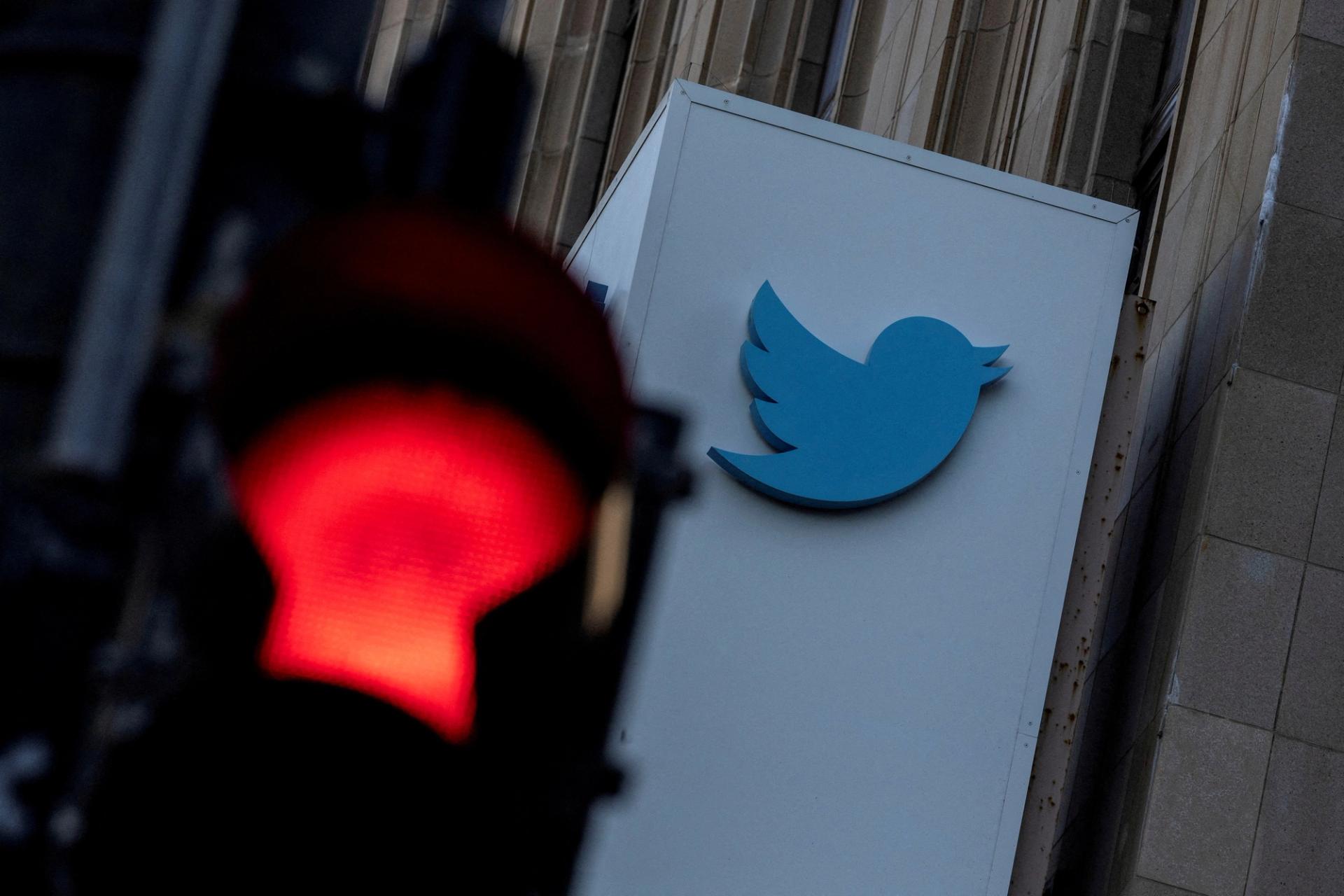The Author
Melissa Vida is the Latin America Editor of Global Voices and writes the Undertones newsletter.
In this article:
The micro-column

Coverage of Twitter since Elon Musk’s takeover has centered on the United States, whether that be the layoffs or the philosophical shift that followed. Yet the U.S. will not be the only country affected by changes Musk puts in place.
Twitter is a relatively small social network but has a dominant role in national public discussion, particularly so outside the West, and especially where states enforce censorship or control of print, broadcast, and digital media.
In El Salvador, where Facebook is occupied by pro-government voices, Twitter offers a more diverse array of views. In Venezuela, it is a source of information in a country where the government has shut down dozens of independent media, radio stations, and newspapers. In Turkey, marginalized groups use it to spotlight attacks against them. In Pakistan, several high-profile homicide cases gained national prominence thanks to public pressure via Twitter.
That is not to say Twitter is a safe space in these countries: In Turkey, accounts that helped organize violent attacks on Syrian refugees remain active, while in El Salvador, the government has harassed and criminalized dissenting voices for their activity on the platform.
Twitter’s near-monopoly on political discussion in these places and its broad base of international users helped make it essential, even if dangerous for journalists, activists, and dissenters. Musk’s changes in how the platform deals with disinformation and verification may make it even less safe for people in these countries.